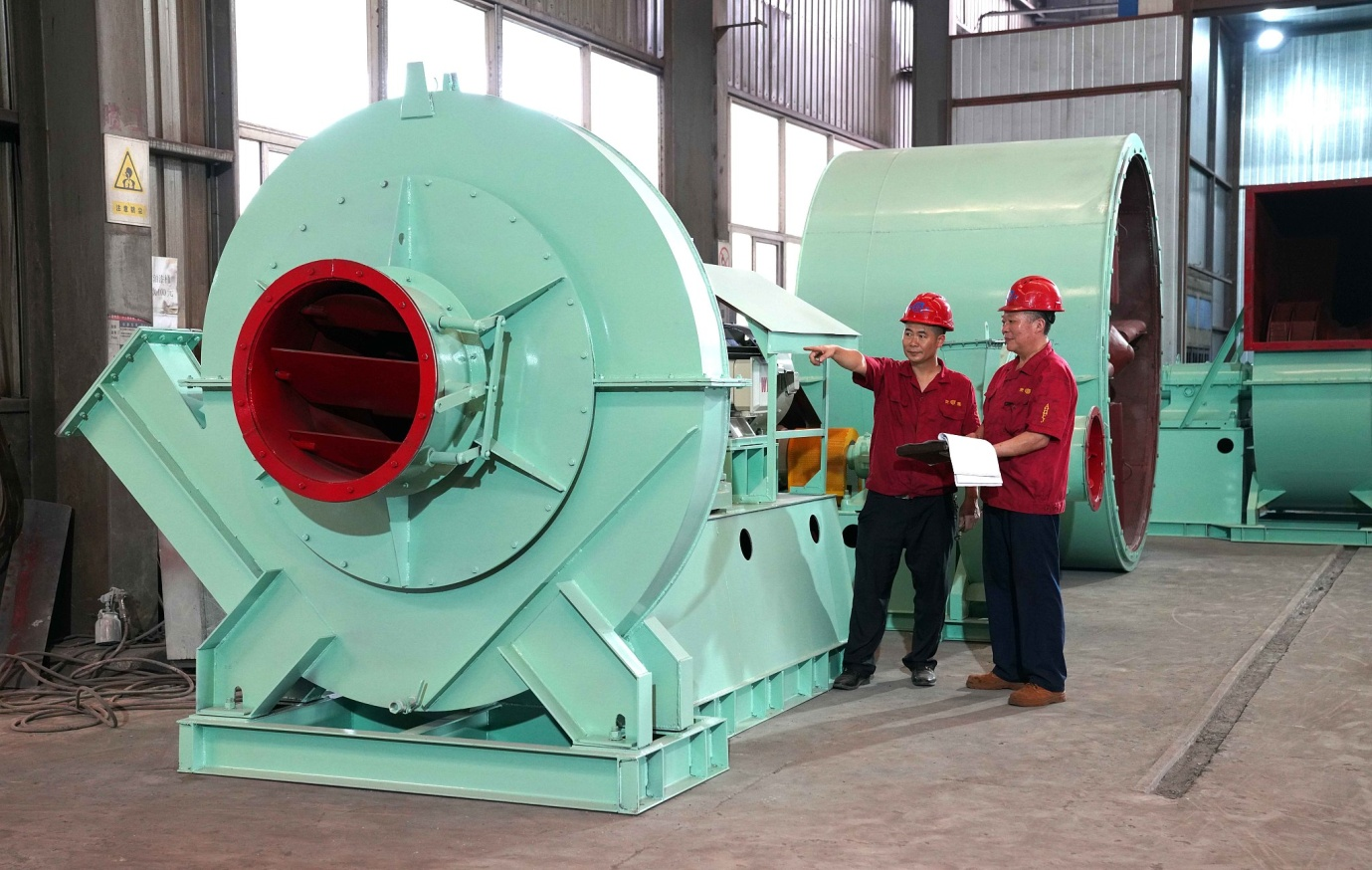Can the Beijing Stock Exchange spur innovation and inclusive growth?

Beijing Stock Exchange. /CFP
The Beijing Stock Exchange opened its doors for registration of investors on September 17, 2021; the new Stock Exchange is the Chinese mainland’s third bourse after the Shanghai Stock Exchange (SSE) and the Shenzhen Stock Exchange (SZSE) which were established in 1990. The Plan to create a stock exchange in Beijing was announced by President Xi Jinping on September 2, 2021 via a video where he addressed the Global Trade in Services Summit of the 2021 China International Fair for Trade in Services (CIFTIS).
In his speech, he indicated that the Beijing Stock Exchange will provide essential support for innovative small and medium-sized enterprises (SMEs). To bring this into fruition, the city will reform the ‘‘New Third Board’’ thus the National Equities Exchange and Quotations (NEEQ), which holds a 100 percent stake in the Beijing Stock Exchange. The NEEQ is the country’s third national equity trading venue after the Shanghai Stock Exchange and the Shenzhen Stock Exchange.
Designed to support innovative start-ups and high-growth SMEs, this securities market has been instrumental in strengthening access to finance for SMEs in China. For example, in 2020, the capital raised by companies listed on the board soared by 27.91 percent over the previous year; out of the 8,187 companies that were listed by the end of 2020, SMEs accounted for 7,696, representing 94 percent with a combined capitalization of $410 billion.
Designed to support innovative start-ups and high-growth SMEs, this securities market has been instrumental in strengthening access to finance for SMEs in China. For example, in 2020, the capital raised by companies listed on the board soared by 27.91 percent over the previous year; out of the 8,187 companies that were listed by the end of 2020, SMEs accounted for 7,696, representing 94 percent with a combined capitalization of $410 billion.
In China, SMEs account for over 90 percent of the entire businesses; provides 80 percent of the total jobs and contributes more than 60 percent of the country’s gross domestic product (GDP). Serving as an engine of growth and a major driver of innovation, the collective contribution of SMEs to China’s patents exceeds 70 percent of the country’s total. As a result of the considerable contribution of SMEs in research and development (R&D), China once again emerged as the world’s top filer of international patents for 2020 with 68,720 applications, representing a 16.1 percent increase over the previous year. According to the World Intellectual Property Organization (WIPO), a United Nations specialized agency that measures innovation, China is the only country among the world’s top 5 filers of international patents that recorded the highest increase in patent applications over 2019.
In spite of the significant contributions of the SMEs sector to the Chinese economy, the growth of many of these enterprises has been retarded mainly as a result of financial constraint which is limiting the innovation capacity of SMEs in the country. However, in recent years policymakers in China have been consistent in their approach to address this exigent challenge in an effort to spur innovation and boost inclusive growth.

A worker adjusts equipment in a factory of Hefei, capital of east China's Anhui Province, September 9, 2021. /CFP
For example in 2019 the Government of China announced measures to reduce taxes and fees by more than 300 billion yuan ($44.7 billion) with the ultimate objective to foster growth and innovation in the SMEs sector ; to achieve this, tax cut on R&D was increased by 25 percent, thus from 50 percent to 75 percent and value-added tax (VAT) was decreased by 3 percent for manufacturers and 1 percent for the transport and construction sector.
Again, to improve innovation in the SMEs sector, in the first quarter of 2021 the Ministry of Finance and the National Intellectual Property Administration launched a patent transfer plan to support innovation in the SMEs sector; the three-year plan offers a financial reward of about $15 million to provincial-level regions that have excelled in promoting patent technology transfer from SMEs in the country.
All these evidence-based policies and other initiatives have been implemented effectively to provide a solid groundwork for the successful operation of the Beijing Stock Exchange. Generally, while the bourse will strengthen China’s capital market, it will also be an invaluable resource for the SMEs sector to replenish lost financial and innovation capacity particular as the disruption created by the COVID-19 pandemic has left a footprint on supply chains and desecrated economic activity worldwide. Through the services of the Beijing Stock Exchange, the SMEs sector will be able to access another window of opportunity that will serve as a catalyst in the country’s economic recovery from the pandemic. The financial provision that will be offered by the exchange will not only augment the finance, research and development capacity of SMEs but it will eventually bolster inclusive growth by creating more job opportunities in the SMEs and other related sectors, ameliorate inequality and support sustainable development by creating more climate-resilient technologies.
In fact, the economic, social and environmental benefits that could be derived from the Beijing Stock Exchange’s goal to drive innovation and growth among SMEs will not be limited to China. This is true because countries around the world are importing Chinese clean energy equipment, technical expertise and other climate-resilient technologies that are improving efforts to build infrastructure across all the regions of the world to achieve the United Nations Sustainable Development Goals (UN SDGs). These technological products that are produced by SMEs in China are assisting countries that are susceptible to climate change to protect lives and livelihood. Again, the scientific contribution of SMEs in China is advancing global cutting-edge research which is promoting innovation, stimulating inclusive growth and ultimately supporting sustainable development worldwide.
About the author: Alexander Ayertey Odonkor is the founder and leading expert at the Ghana Centre for China Studies, Africa’s preeminent and most comprehensive platform exclusively dedicated to authoritative interpretation of China’s domestic and foreign policies.
Production credits: This commentary is produced by the Ghana Centre for China Studies, and published in a joint collaboration with the China Global Television Network (CGTN). The article is republished by People’s Daily, the biggest newspaper in China.
At the Ghana Centre for China Studies we eschew specific policy positions. All positions and opinions expressed in this publication are solely those of the author (s).